Symptoms
One of the reasons for low survival rate is a general lack of knowledge about the pancreas.
This year the WPCC would like to continue our global conversation about this deadly disease in the hopes that more people around the world understand the importance of this small but mighty organ.
Say “Hello Pancreas” by learning how to recognize the symptoms of pancreatic cancer.
Important: These symptoms may have more common causes. They can also be caused by conditions such as pancreatitis (inflammation of the pancreas), gallstones, irritable bowel syndrome (IBS) or hepatitis (inflammation of the liver).
If you have jaundice, contact a doctor immediately. If you experience any of these symptoms for more than a couple weeks, don’t wait. Talk to a doctor.
Pain in the upper abdomen could be caused by a pancreatic tumor pushing against or invading nerves or organs near the pancreas
Pain in the mid-back could be caused by a pancreatic tumor pushing against or invading nerves or organs near the pancreas.
Yellowing of the skin and eyes (jaundice), caused by excess bilirubin (a component of bile) in the blood. Jaundice can also result in itchiness of the skin, abnormally dark urine, and light or clay-colored stools.
Unexplained weight loss can be an early symptom and can occur without any pain or apparent change in digestion.
Many pancreatic cancer patients experience diarrhea, constipation or both. Diarrhea consisting of loose, watery, oily or foul-smelling stools can be caused by insufficient amounts of pancreatic enzymes in the intestines.
Pancreatic cancer can decrease appetite or change the way food tastes.
This may include poor appetite, nausea and vomiting. It is common for pancreatic cancer to cause problems with eating and digesting food. Symptoms can include: feeling full quickly when eating, bloating, lots of wind, and burping.
New-onset diabetes in people over the age of 50, and a sudden change in blood sugar levels in diabetics who previously had well-controlled diabetes.
Be Prepared: Know Your Options and Your Rights.
Be a champion for your health and come prepared to your doctor visit. Don’t be afraid to ask questions. Keep going back until you find answers. If symptoms haven’t improved, work with your doctor until you find Answers.
This disease is somewhat uncommon – most doctors have never treated a pancreatic cancer patient before. Ask your doctor about their experience with pancreatic cancer. If you feel your symptoms are more serious than your diagnosis, seek a second opinion.
It can often be frustrating when explaining these common symptoms to your doctor while feeling that it’s more serious. You might wish to take a family member or friend to our appointment who can support you There are many organizations worldwide that can support you and provide you with information on pancreatic cancer symptoms. diagnosis. treatment and care. Find yours here.
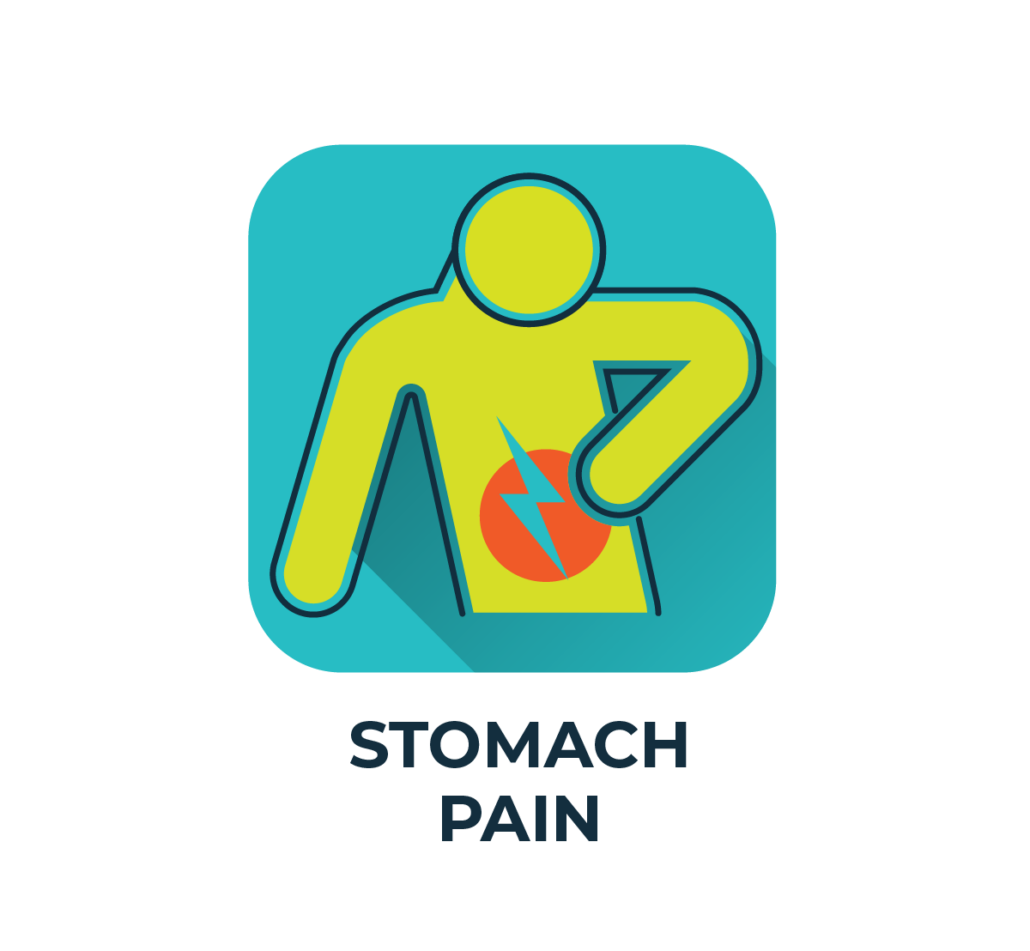
Pain in the upper abdomen could be caused by a pancreatic tumor pushing against or invading nerves or organs near the pancreas
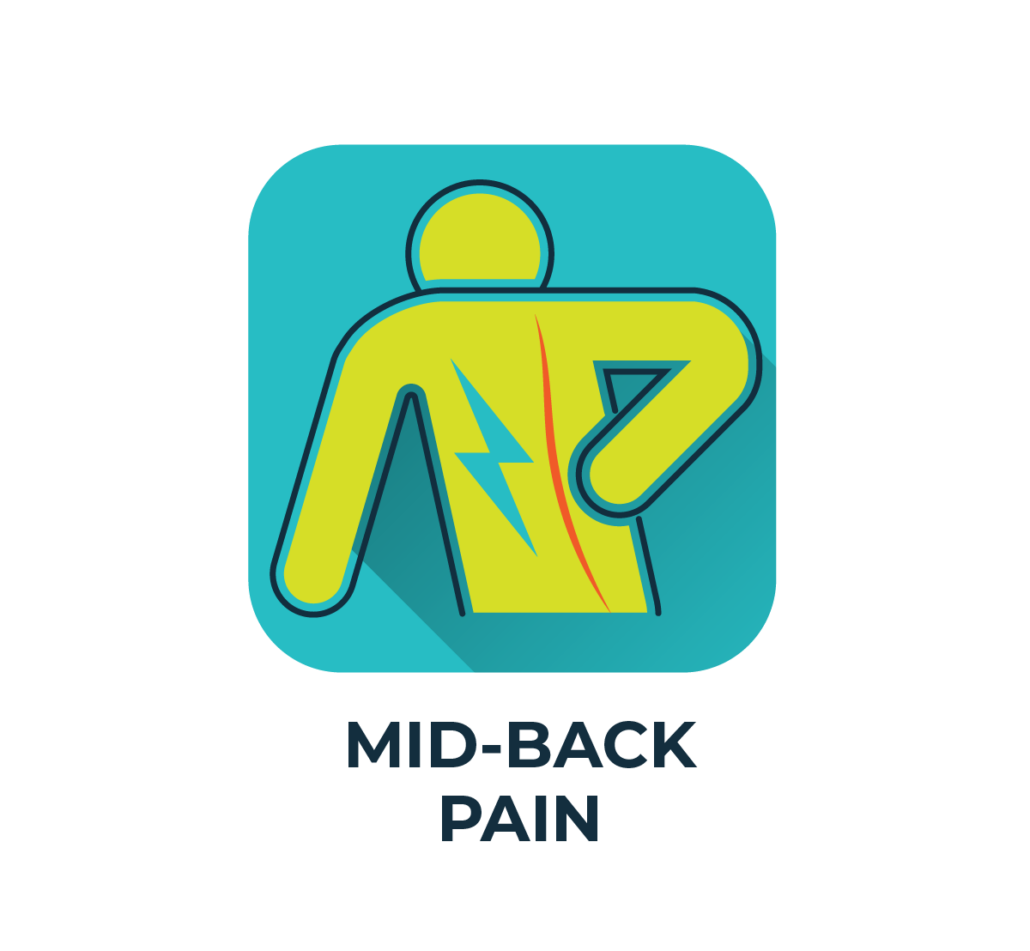
Pain in the mid-back could be caused by a pancreatic tumor pushing against or invading nerves or organs near the pancreas.
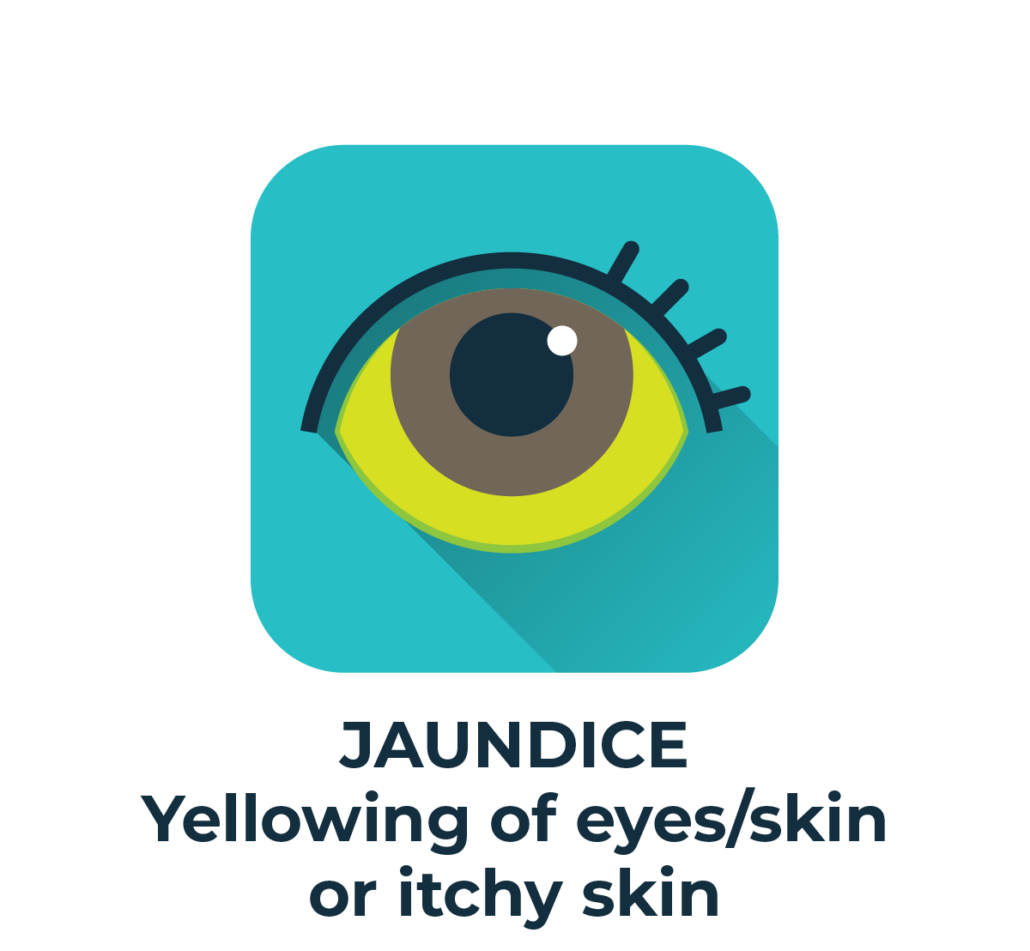
Yellowing of the skin and eyes (jaundice), caused by excess bilirubin (a component of bile) in the blood. Jaundice can also result in itchiness of the skin, abnormally dark urine, and light or clay-colored stools.
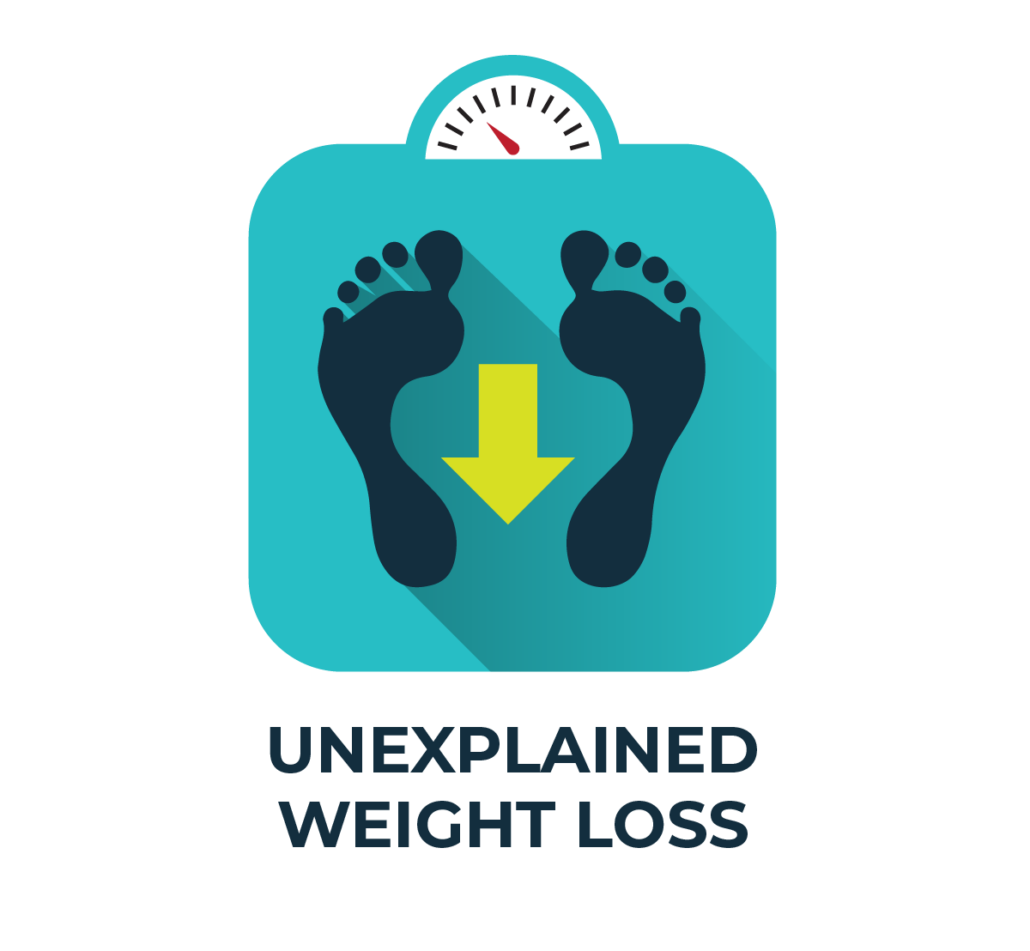
Unexplained weight loss can be an early symptom and can occur without any pain or apparent change in digestion.
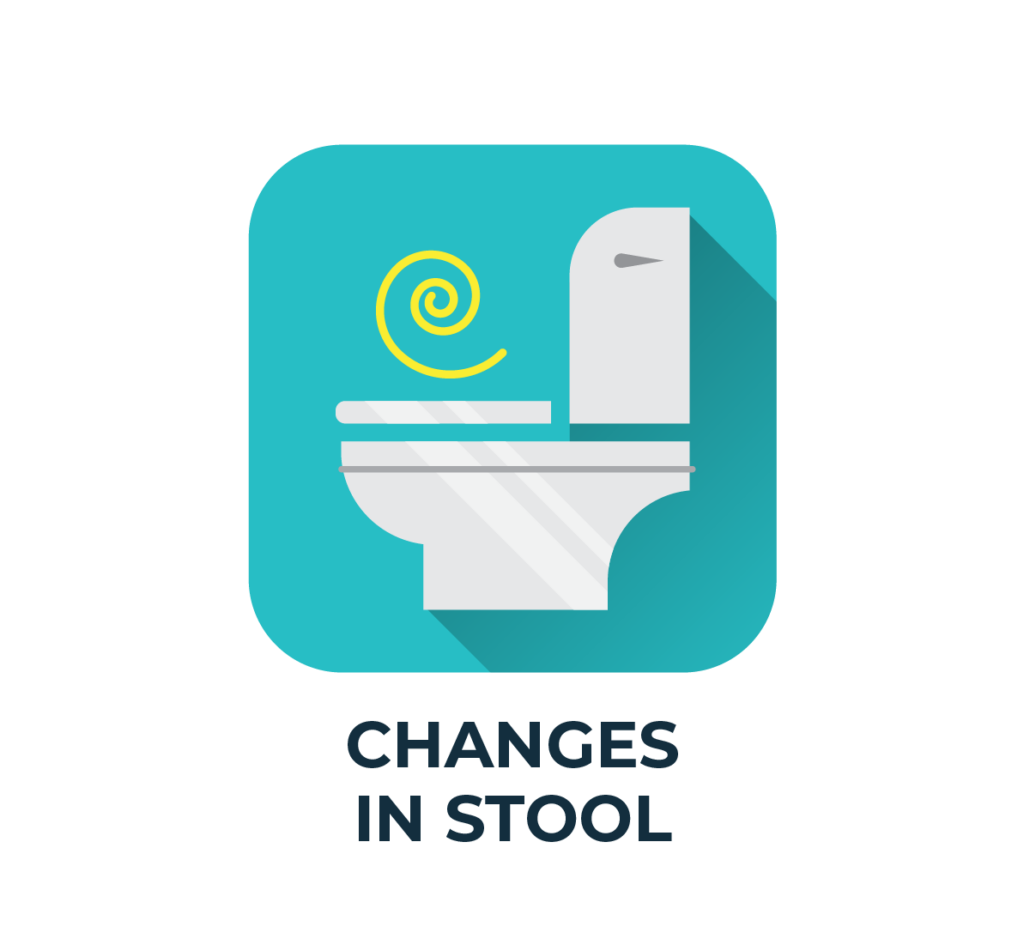
Many pancreatic cancer patients experience diarrhea, constipation or both. Diarrhea consisting of loose, watery, oily or foul-smelling stools can be caused by insufficient amounts of pancreatic enzymes in the intestines.
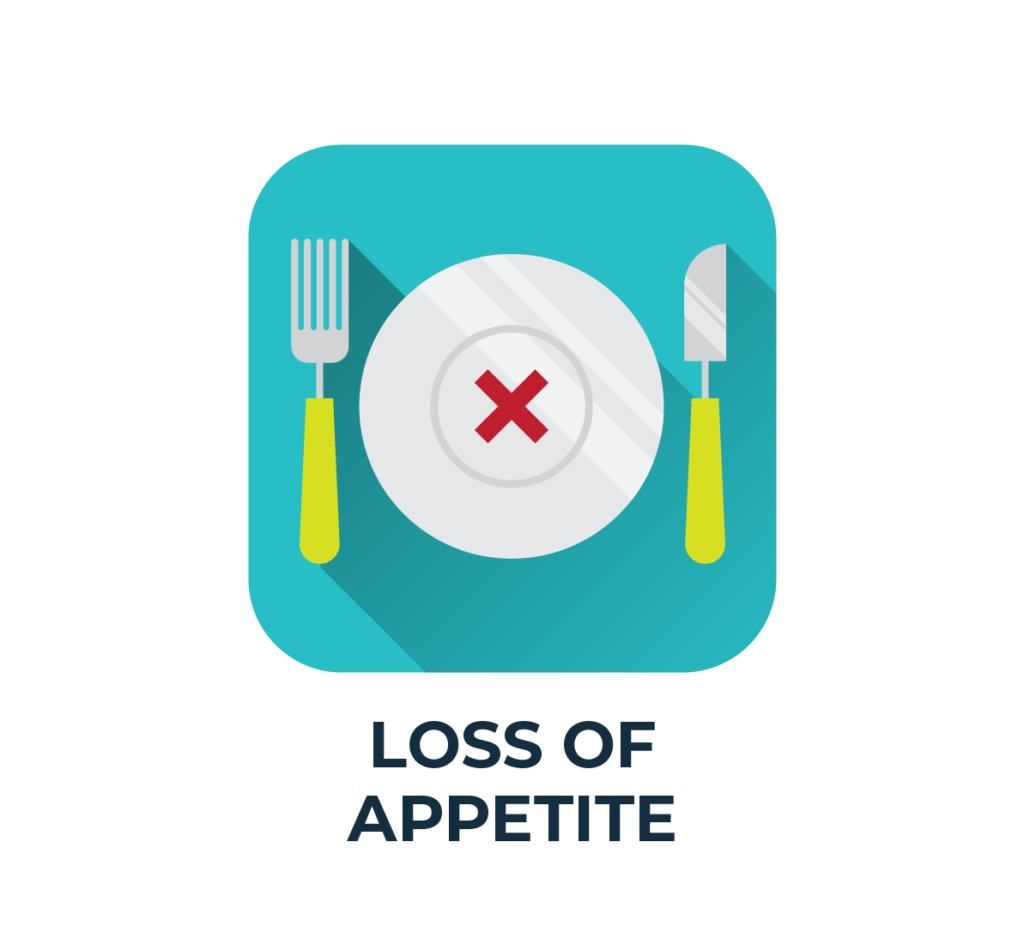
Pancreatic cancer can decrease appetite or change the way food tastes.
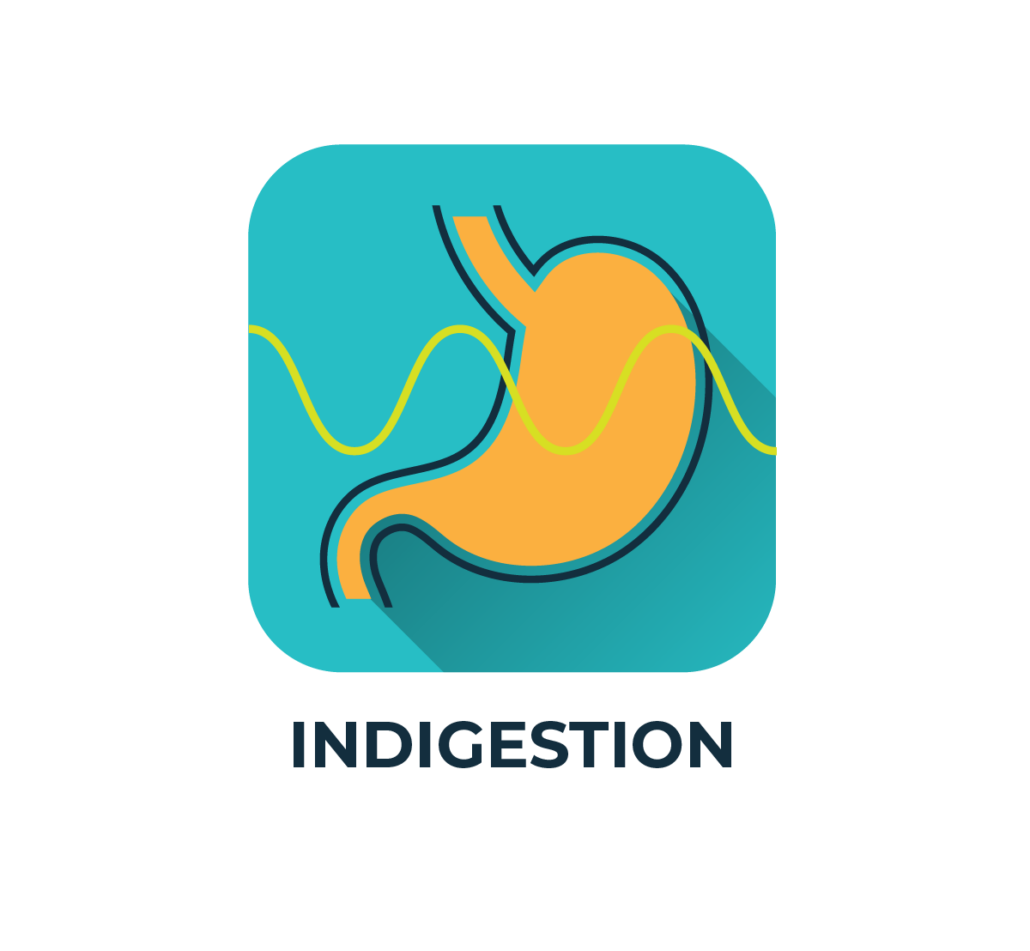
This may include poor appetite, nausea and vomiting. It is common for pancreatic cancer to cause problems with eating and digesting food. Symptoms can include: feeling full quickly when eating, bloating, lots of wind, and burping.
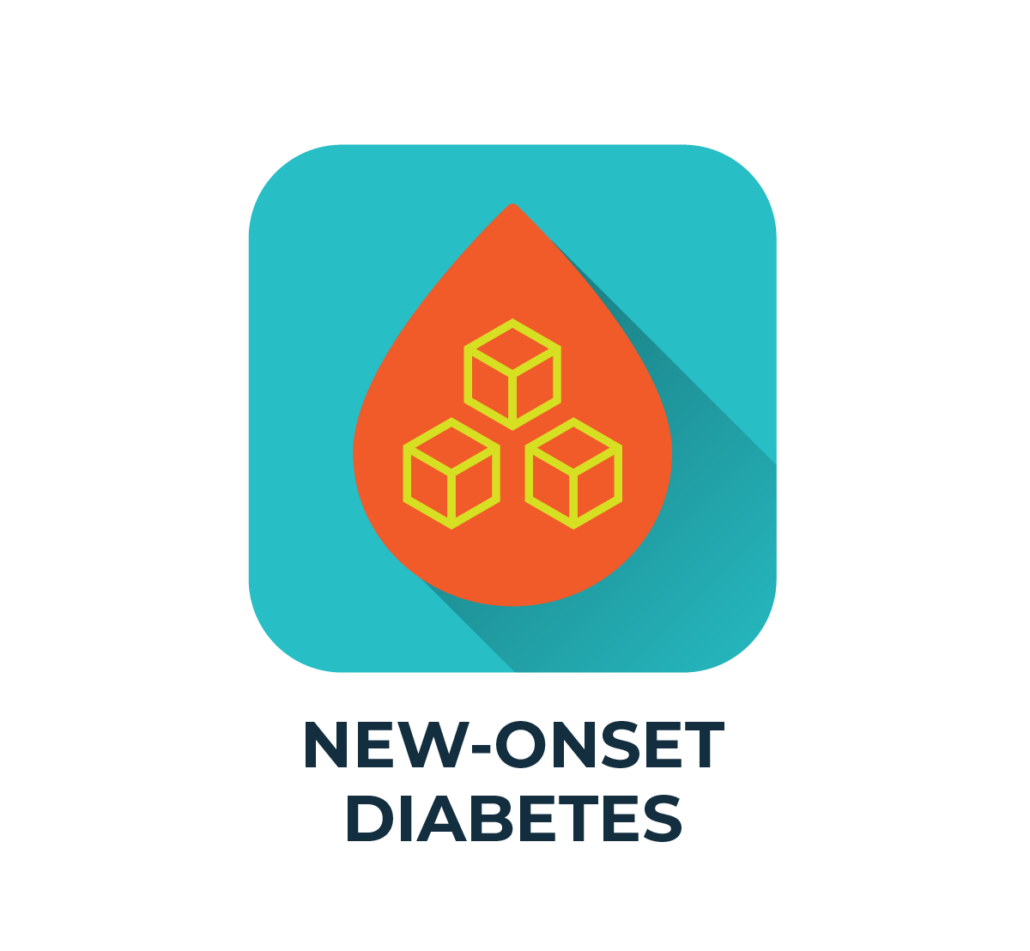
New-onset diabetes in people over the age of 50, and a sudden change in blood sugar levels in diabetics who previously had well-controlled diabetes.
Be Prepared: Know Your Options and Your Rights.
Be a champion for your health and come prepared to your doctor visit. Don’t be afraid to ask questions. Keep going back until you find answers. If symptoms haven’t improved, work with your doctor until you find Answers.
This disease is somewhat uncommon – most doctors have never treated a pancreatic cancer patient before. Ask your doctor about their experience with pancreatic cancer. If you feel your symptoms are more serious than your diagnosis, seek a second opinion.
It can often be frustrating when explaining these common symptoms to your doctor while feeling that it’s more serious. You might wish to take a family member or friend to our appointment who can support you There are many organizations worldwide that can support you and provide you with information on pancreatic cancer symptoms. diagnosis. treatment and care. Find yours here.
Risk factors
The cause of the majority of pancreatic cancer cases is unknown, but research studies have identified the following risk factors that may increase the likelihood that someone will develop pancreatic cancer.
You should seek guidance and support from a local World Pancreatic Cancer Coalition member organization or your doctor if you have questions about these risk factors or symptoms.
Inherited genetic mutations
Disorders being studied for connections to pancreatic cancer include: BRCA mutation, cystic fibrosis, familial adenomatous polyposis, familial atypical multiple mole melanoma, Lynch syndrome, hereditary pancreatitis, PALB2 mutation and Peutz-Jeghers syndrome.
Family history of pancreatic cancer
If a person has two or more first-degree relatives (mother, father, sibling or child) who have had pancreatic cancer, or a first-degree relative who developed pancreatic cancer before the age of 50, you may have an increased risk of developing pancreatic cancer.
Family history of other cancers
Risk of pancreatic cancer increases if there is a history of familial ovarian, breast, or colon cancer, hereditary pancreatitis or familial melanoma.
Diabetes
Pancreatic cancer is more likely to occur in people who have long-standing diabetes (more than 5 years). This can also be a symptom.
Pancreatitis (chronic and hereditary)
Chronic pancreatitis indicates an increased risk of developing pancreatic cancer. It’s even higher in individuals with hereditary pancreatitis.
Smoking
People who smoke cigarettes are two times more likely to develop pancreatic cancer than people who have never smoked.
Obesity
Obese people have a 20 percent increased risk of developing pancreatic cancer when compared with people who are of normal weight.
Race (ethnicity)
African Americans and Ashkenazi Jews have a higher incidence of pancreatic cancer when compared with individuals of Asian, Hispanic or Caucasian descent.
Age
The chances of developing pancreatic cancer increases with age. Most people diagnosed with pancreatic cancer are over the age of 60.
Diet
While more research is needed, a diet high in red and processed meats may increase the risk of developing pancreatic cancer. A diet high in fruits and vegetables may decrease the risk.
Heavy alcohol use
Some research suggests a link between heavy alcohol use and pancreatic cancer. The risk of developing pancreatic cancer is higher in people who drink more than three alcoholic drinks daily compared to those who do not.


